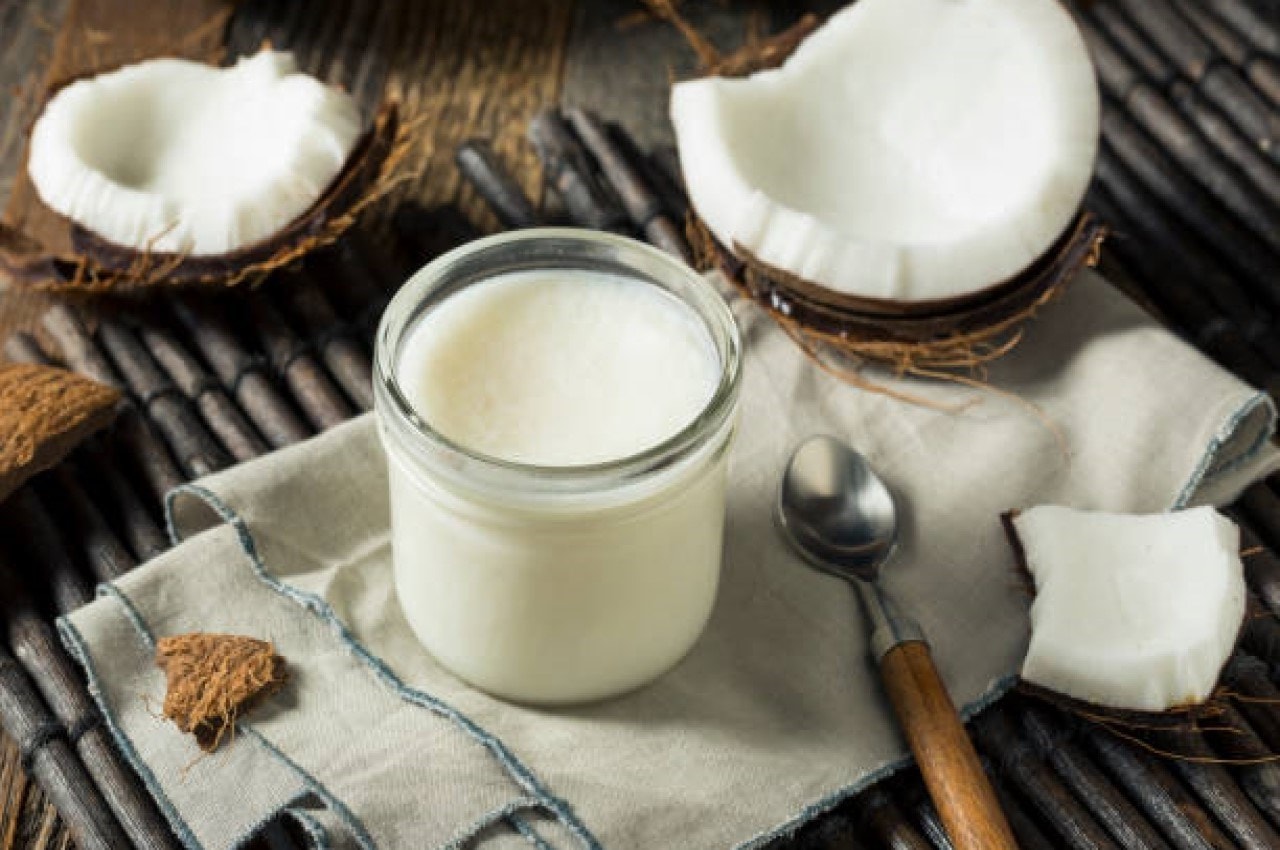You're away from FREE US delivery Free US delivery (applied at checkout) on orders over $60.00
You have qualified for Free US delivery
Lifestyle
Five Natural Travel Essentials
There is nothing quite like the anticipation of our next foreign holiday to catch some sun and soak up the energy and culture of a new destination.
Whilst we’re dreaming of piña coladas and sandy beaches, it can be easy to forget that voyaging to a new country brings with it whole new challenges. Travelling can cause stomach problems and negatively affect our gut health. New foods, new climates, different water supply and various modes of transportation – although exciting and just what we need to shake up the hum-drum of daily life – can put pressure on our bodies. Here are five natural travel essentials to keep you well and help you enjoy your coveted time away:
- Be prepared with travel sickness remedies
- Stay hydrated
- Pack space-saving coconut oil
- Maintain good hygiene
- Keep your gut happy

1. Be prepared with travel sickness remedies
When travelling, some of the most uncomfortable symptoms can be the nausea and upset tummy that often occurs whilst getting to or from our destination. If you consider yourself a sensitive traveller, you may like to consider using ginger and/or a travel band.
Ginger is well-known for its soothing effects on digestion, helping to calm stressed stomachs and easing nausea. Try ginger tea – brew a small chunk of ginger root in hot water or, for an easily transportable option, bring a natural ginger teabag with you in your travel bag for ginger tea on the go. Ginger capsules are another convenient way to get the benefits of ginger when on the move. Another popular method to help alleviate nausea are travel bands. Based on traditional Chinese medicine, a travel band works by applying pressure at particular acupressure points on the wrist area.
2. Stay hydrated
It seems too obvious to mention but drinking enough water is key. We all know to drink the recommended eight glasses of water a day but when on holidays, with the change to our routine, potential hot climate, and sometimes increased alcohol intake, we need to consider think about hydration more carefully.
- Be aware of the early signs of dehydration - dry mouth, dark strong-smelling urine, urinating less frequently, dizziness and fatigue
- Keep a water bottle on you wherever you go. Although plain water is best, you can keep your fluid intake interesting by mixing it with small amounts of fresh fruit juice.
- In countries where it is not recommended to drink the tap water, only drink bottled water and avoid ice cubes in drinks. Clean your teeth using bottled water. Contaminated water can lead to gastrointestinal infection.
- Aim for at least two litres of water a day, more in hotter climates and if you perspire heavily.
3. Pack space-saving coconut oil

Coconut oil is a must-have for the health-savvy traveller - it has so many uses it can be a real space-saver in the suitcase. Coconut oil can be used as a general skin moisturiser, after-sun lotion, hair conditioner, lip balm and even as a natural deodorant! Coconut oil contains caprylic acid and capric acid is a type of fatty acid, known for it's anti-microbial and anti-inflammatory properties1,2. This makes coconut oil a nice natural option to soothe insect bites.
4. Maintain good hygiene
Thanks to living through a pandemic I think we are all now well-versed now on how to minimise transfer of infection. It’s good to keep these fundamental hygiene practises in mind as we travel.
- Wash hands frequently, especially before and after eating
- Carry hand sanitiser in your bag and use frequently
- Avoid salad that may have been washed in tap water
- Peel all fruit and vegetables, including tomatoes
- Avoid eating raw meat, poultry, or seafood
5. Keep your gut happy
When we travel, we are often exposed to new microbes in our environment. The introduction of harmful bacteria to the gut when we travel can lead to unwanted digestive symptoms.
Along with the ginger capsules why not also pack a probiotic supplement. The best supplements to take when travelling are those that do not require refrigeration.
We hope these natural health tips help to ensure that your holiday is the blissful, relaxing break that you’ve been dreaming of all year.
You may also enjoy reading:
Health Experts’ Tips for a Happy Summer
How to Get Kids to Take Probiotics
References
- Huang WC, Tsai TH, Chuang L Te, Li YY, Zouboulis CC, Tsai PJ. Anti-bacterial and anti-inflammatory properties of capric acid against Propionibacterium acnes: A comparative study with lauric acid. J Dermatol Sci. 2014;73(3):232-240. doi:10.1016/j.jdermsci.2013.10.010
- Caprylic Acid: Coconut Oil’s Secret. https://www.healthline.com/health/caprylic-acid-coconut-oil. Accessed May 31, 2021.